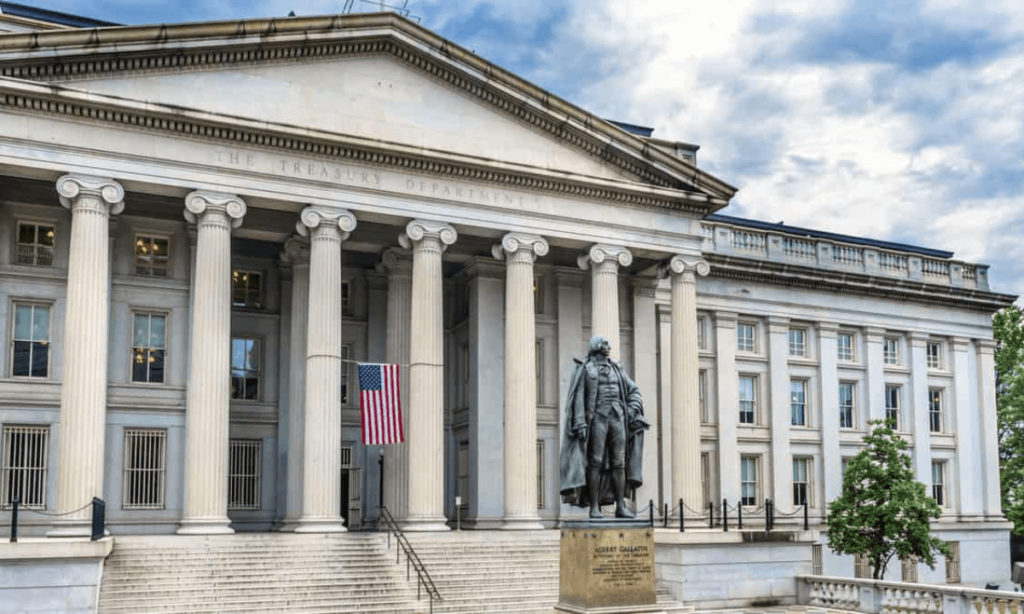The Office of Foreign Assets Control (OFAC) has escalated its enforcement efforts by tightening its grip on individuals and entities operating within the financial services and technology sectors in Russia, particularly those involved in virtual assets, enabling evasion of US sanctions.
The enforcement agency claimed that these individuals and entities played a crucial role in facilitating transactions or providing services aimed at aiding other designated entities in circumventing sanctions imposed by the US.
OFAC Tightens Grip on Russian Entities
According to an official statement, OFAC has declared sanctions against thirteen entities and two individuals involved in the financial services and technology sectors within Russia’s economy. Additionally, five entities have been designated for their association with individuals previously designated by OFAC.
Under Secretary of the Treasury for Terrorism and Financial Intelligence, Brian E. Nelson said,
“Russia is increasingly turning to alternative payment mechanisms to circumvent U.S. sanctions and continue to fund its war against Ukraine. As the Kremlin seeks to leverage entities in the financial technology space, Treasury will continue to expose and disrupt the companies that seek to help sanctioned Russian financial institutions reconnect to the global financial system.”
The Treasury’s roster of companies comprises fintech firms located in Moscow, such as B-Crypto, Masterchain, Atomaiz, Veb3 Tekhnologii, and Veb3 Integrator. It also includes Tokentrust, which is based in Cyprus and holds a majority ownership stake in Atomaiz.
Interestingly, Atomaiz, controlled by Russian billionaire Vladimir Potanin’s Interros Holding investment group, secured Russia’s first government license to issue and exchange digital financial assets in February 2022, merely three weeks before Russian forces invaded Ukraine.
Chainalysis Sheds Light on Netex24 and Bitpapa’s Activity
In its press release, OFAC highlighted that Netex24 and Bitpapa have a track record of engaging in transactions with banks, crypto exchanges, and darknet markets sanctioned by OFAC, using cryptocurrencies.
According to the blockchain intelligence platform’s findings, Netex24 facilitated transfers to sanctioned Russian banks such as Tinkoff and Sberbank, along with similar institutions. Chainalysis has identified clusters linked to both services.
Further analysis of on-chain data over the past two years reveals significant funds transfers facilitated by both Netex24 and Bitpapa to sanctioned entities. Darknet markets constitute a substantial portion of their transaction history, alongside exchanges lacking Know Your Customer (KYC) protocols, many of which are Russian-language platforms offering services connected to sanctioned Russian banks.
Another notable finding was that the amount sent by Netex24 and Bitpapa to sanctioned entities and darknet markets has steadily risen since the onset of Russia’s conflict in Ukraine. Meanwhile, transfers to exchanges without KYC requirements and other illicit services have remained relatively stable.
Besides supporting transactions for prominent sanctioned financial services and crypto entities, Netex24 and Bitpapa were also found to have facilitated transfers for various pro-Russian militia and propaganda groups, including MOO Veche, an OFAC-designated Russian militia organization. These entities are known to operate in Ukraine’s Donetsk, Luhansk, or Crimean regions.
Read the full article here

